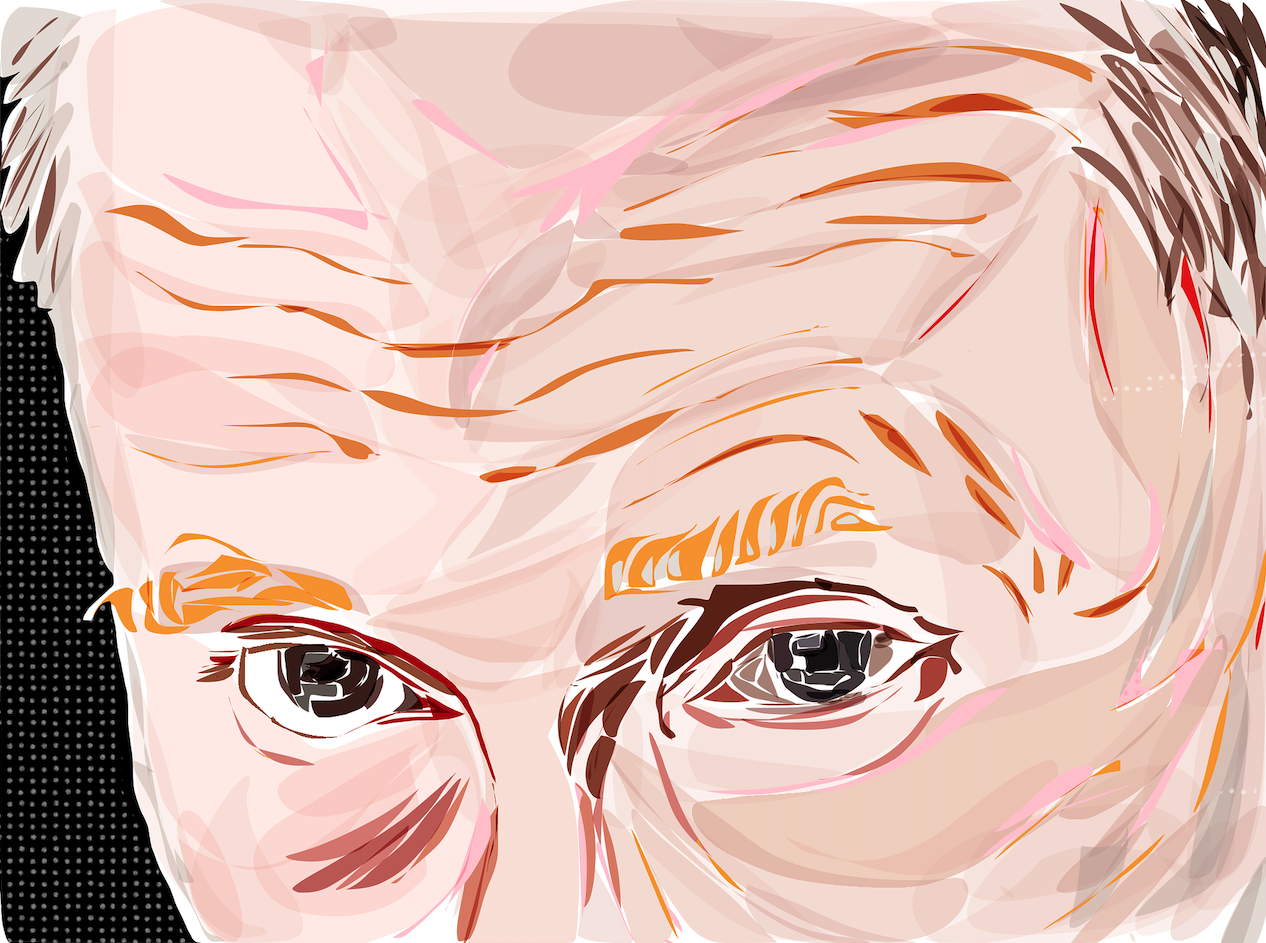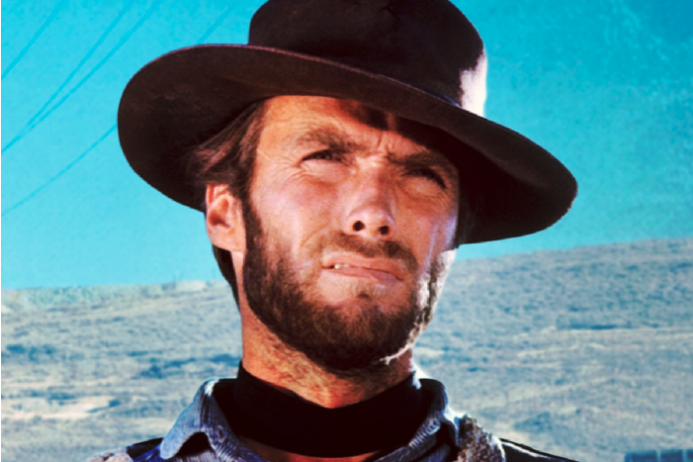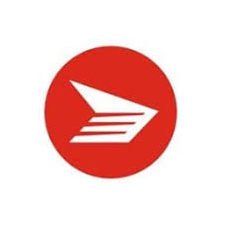Tips On Selling Yourself.
Without selling yourself short.

“We marry, have kids, do our jobs, provide food, education. Job done.” Woman’s comment on Medium
Someone wrote asking me about a term I used in one of my posts. “I love Product as hero,” the person said. “Where does it come from?” I said it’s been around a long time, although it’s often been forgotten or abused.
“Product as hero is simply what makes something special,” I explained. “For instance, if you were selling yourself, what are your best purchasing points?”
“You mean, why would someone buy me?” he asked.
“When we’re writing copy, we look at which reasons promote the product best. In other words, which ones make the product a hero.”
“Exactly,” I said. “I’ll throw another term at you. In advertising, we have what’s known as Reasons for Being. This is a list of product benefits. When we’re writing copy, we look at which reasons promote the product best. In other words, which ones make the product a hero.”
“What if I don’t know what sells me best?” he asked.
“Lots of people don’t,” I replied. “They’ve made it through life, have the things they need, they feel they’re in a good place.”
“Even if they don’t know why?”
“Maybe it doesn’t matter to them.”
“Are you saying they aren’t truly fulfilled?” he said.
“Not necessarily,” I replied. “Some people are exactly where they should be. But that’s why you should make a list of your reasons for being? Maybe you’re in the right place, maybe not. Try selling yourself and see.”
If we’re doing well at our jobs — or our life in general — what’s wrong with where we are now?
I don’t know if he followed my suggestion or not. If we’re doing well at our jobs — or our life in general — what’s wrong with where we are now?
As one woman said to me in another comment: “We marry, have kids, do our jobs, provide food, education. Job done.”
We never imagine our paths being anything else. Yet I read a disturbing article where attendants in an old age home described dying patients having the same regret: “I wish I’d lived.”
My favourite quote is “My only regret is that I don’t have more to regret.” I wish I did have more to regret. I wish I had made more missteps, failed, found myself questioning this whole idea of my direction.
So often, we worry about failure, forgetting that the most successful people failed many times (even at their true calling). Steve Jobs failed (he was fired from his own company at the tender age of thirty-four). What makes someone continue doing something they failed at?
I don’t know the answer in Jobs’ case, other than he traveled for a while. He sat on a mountaintop in Nepal. Maybe that’s where he made a list of his own Reasons for Being?
What made him saleable? He created something that was important to the whole world. He was a good communicator. He saw things other people didn’t see.
Revolutionaries see the future.
Was he in the right profession? Based on his Reasons for Being, I’d say so. He was at the start of a revolution. Revolutionaries see the future.
For the rest of us, though, it might not be so easily defined. By writing down our saleable features, at least we understand our own self worth.
I don’t mean what we own. I mean what we offer as valuable. Are we valuable to others outside of being employees, partners or parents?
I know I’m making it sound like we’re all commodities, but it’s worth thinking about. If we want to avoid saying on our deathbeds, “I wish I’d,” then we have to know our human assets.
For instance, say your list of Reasons for Being has more hobbies than professional attributes. Does that mean you aren’t fulfilled in your job?
There’s nothing wrong with outside interests, except for the obvious. Your energies are divided. You’re serving two masters, which might appear as though you’re not focused.
Then again, maybe you’re focused for a reason. Maybe your hobbies give you clarity, something your job doesn’t offer.
In advertising, we try to put that in a headline, using as few words as possible. It’s not for the sake of brevity (although it helps). We essentially want to get to the main reason for purchase.
In either case, it helps to know who you are. If you were to summarize your strengths, for instance, do they align with where you are now?
Is what you offer attractive to an outside audience?
Would people buy you?
In advertising, we try to put that in a headline, using as few words as possible. It’s not for the sake of brevity (although it helps). We essentially want to get to the main reason for purchase.
What is your point of entry into the marketplace?
If you were to write a headline about yourself, what would it be? Once you’ve done that, list your Reasons for Being. Can you make a persuasive argument in under a hundred words? If you’re a big believer in content marketing, go for two hundred words. Write a whole chapter.
The length isn’t important. This isn’t a resume. It’s strictly for your own use. Maybe it will be a resume one day but, for now, it’s you who has to be sold, not some future employer.
So much of advertising today forgets that they’re selling something.
Remember at the beginning when I said that Product as hero is often forgotten or abused? Think of all the advertising you see. How often does the name get lost in the production?
So much of advertising today forgets that they’re selling something.
This is a reflection of ourselves. We’re so busy with the production of our lives, we forget we’re the product. That’s exactly when opportunities pass, and we end up wondering why we didn’t do more with our lives.
Years ago, when I was a creative director, I had a copywriter come in for an interview. Her portfolio was very good. I told her as much, saying if she came to work for us, I’d pay her more than I was making.
“Why would you do that?” she asked.
“Because I think you’re better than me,” I said.
But she did good stuff for us, until suddenly — or maybe not so suddenly — she didn’t. She went for big production. She forgot what she was selling.
I doubt one in a hundred creative directors would do that. It cheapens their own product. No doubt, it cheapened mine.
But she did good stuff for us, until suddenly — or maybe not so suddenly — she didn’t. She went for big production. She forgot what she was selling.
In advertising — like life — we can lose sight of who we are. We forget our strongest selling points, believing we’re something else entirely.
That’s why selling yourself — your true self — is so important.
You have to write that short headline, describing exactly what you are, and what you can do in this world. If you’re being honest, you’ll never have to look back and say, “I never really lived.”
Why? Because you have lived. You’ve stripped away what isn’t your life, and concentrated on what is.
If that’s marriage, kids, doing your job, providing food, education, then I guess that is “Job done.”
On the other hand, maybe it isn’t. Maybe listing your saleable assets makes you realize you have much more to offer.
And maybe you won’t be old saying “I never lived.”
Maybe your product (meaning you) will be the hero, and won’t have regrets, or that feeling that you’re leaving this life unfulfilled.
That’s if you sell yourself well.
Robert Cormack is a novelist, journalist and blogger. His first novel “You Can Lead a Horse to Water (But You Can’t Make It Scuba Dive)” is available online and at most major bookstores. You can contact Robert at his site: robertcormack.net
Articles from Robert Cormack
View blog
It could be worse than losing. · “We are what we pretend to be, so we must be careful what we preten ...

The Clint Eastwood School of Writing. · “Hard writing makes easy reading. Easy writing makes hard re ...

This could (and should) change your writing entirely. · “It’s better to fail at originality than suc ...
Related professionals
You may be interested in these jobs
-

Maître de poste
Found in: Talent CA C2 - 2 days ago
Canada Post Hayter, CanadaNuméro de la demande d'emploi : · Fonction administrative : Vente au détail · Ville principale : Hayter · Province : Alberta · Type d'emploi : Temps plein · Statut d'emploi : Permanent · Exigences linguistiques : Anglais essentiel · Classification et niveau d'employé : RVS ...
-
bookkeeper
Found in: Talent CA 2 C2 - 1 day ago
Alliance Transport Ltd. London, CanadaEducation: College, CEGEP or other non-university certificate or diploma from a program of 1 year to 2 years · Experience: 1 year to less than 2 years · Tasks · Calculate and prepare cheques for payroll · Keep financial records and establish, maintain and balance various accounts ...
-
Consultant, Capital Priorities
Found in: beBee S2 CA - 1 week ago
Government Of Saskatchewan Regina, Canada FreelanceJob Description - Consultant, Capital Priorities (CON · Consultant, Capital Priorities - CON002701 · Employment Type : Permanent Full-time · Location(s) · Ministry · Ministry · : 013 Saskbuilds and Procurement · Salary Range : $6,408-$10,080 Monthly · Grade : commensurate ...



Comments
Robert Cormack
2 years ago #4
What have I done?!!!
Ken Boddie
2 years ago #3
As an afterthought, Rob, it’s just as well that Snow White’s 7 companions had a career in mining and not in advertising. They couldn’t help but sell themselves short. 🤗
Robert Cormack
2 years ago #2
I worked with a guy known as the “Pun King.” At least once a week, the president (owner) would shout from his office “There's no room for puns in advertising!” I think at some point he got a pun or two into his headlines. I remember one time he was coming up with farm puns. He kept shouting these puns through the wall (our offices were side by side). I suddenly yelled “Hay!” He went “What?” then suddenly burst out laughing.
Ken Boddie
2 years ago #1
I suspect, Rob, that asking people to write down their best saleability (or purchasability) points may have the same strike rate as goal setting, whereby only about 3% of us write down our goals and less than 1% of us achieve them. Personally, I believe that one of my strengths (or is it weaknesses?) is my penchant for puns. I aspire to write an entire theatrical performance made up entirely of puns. It’ll be a play on words. 😂🤣😂